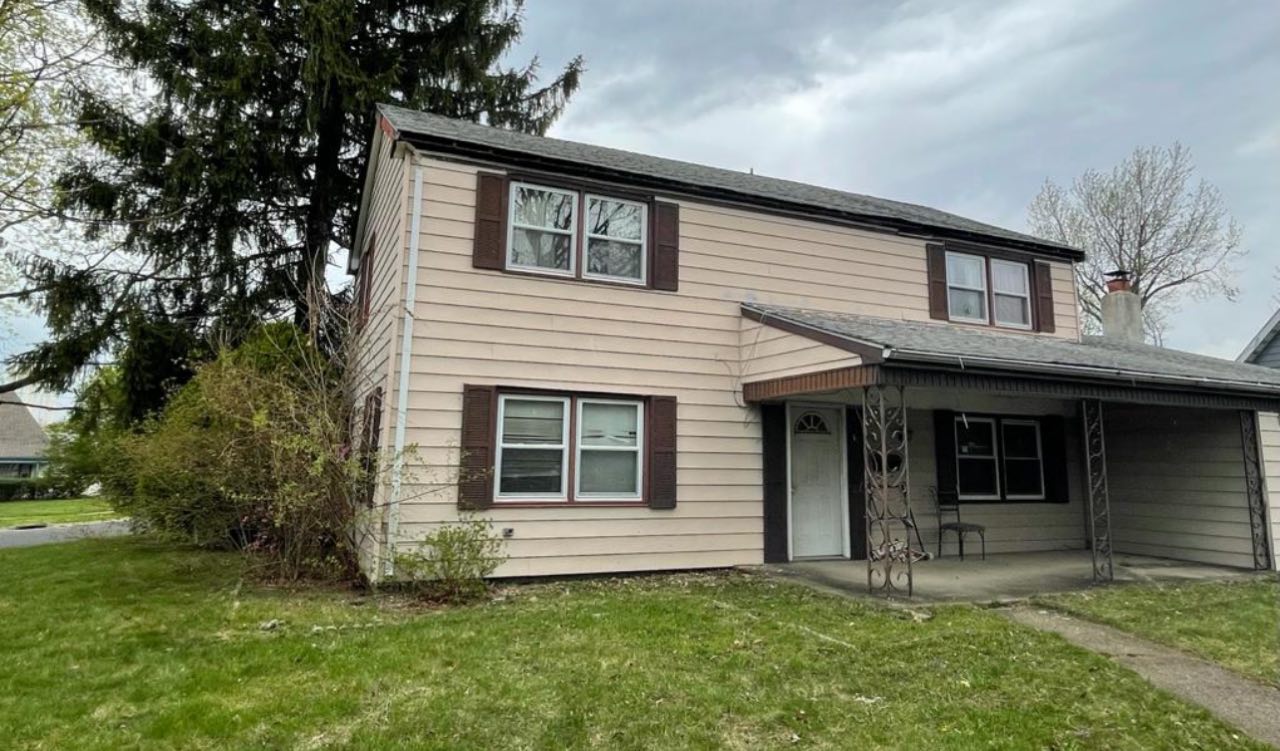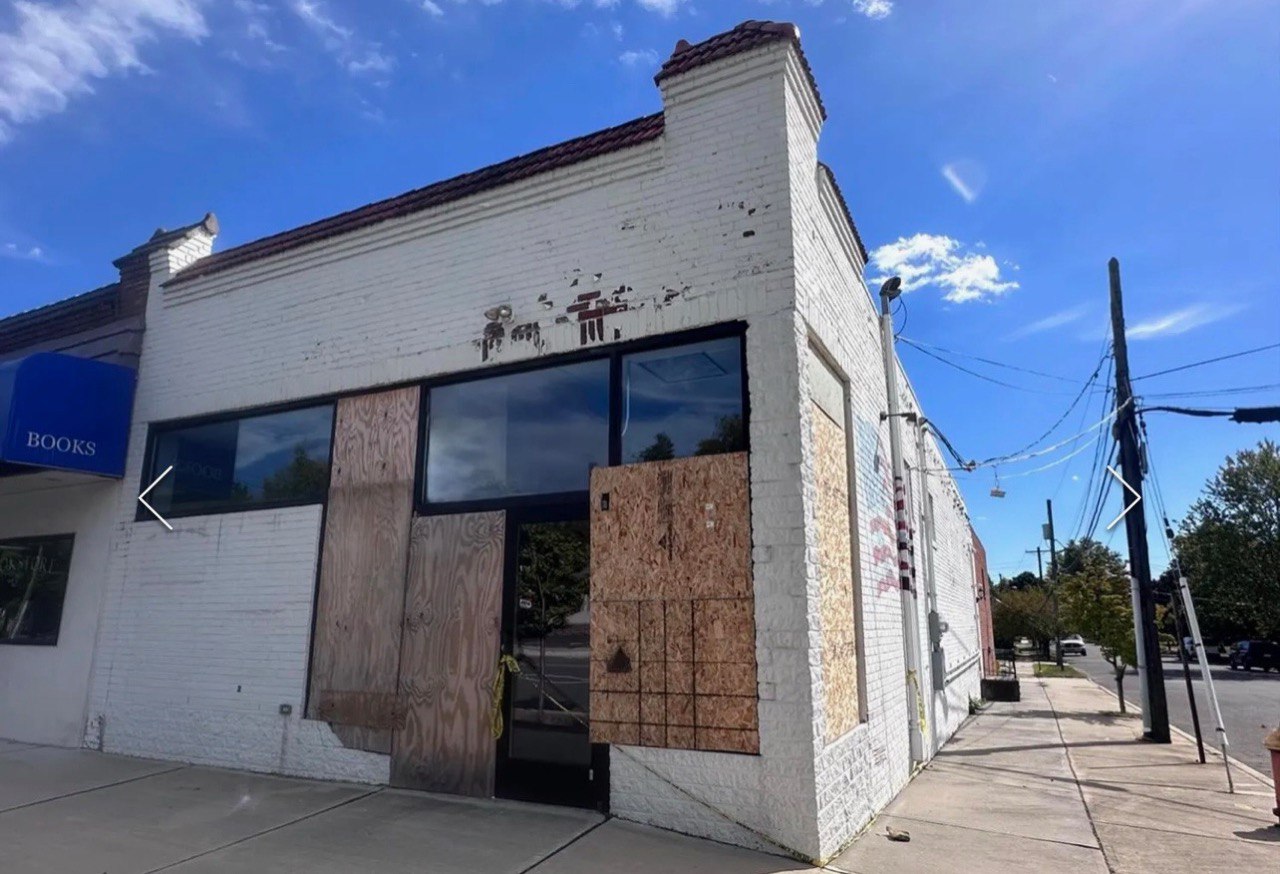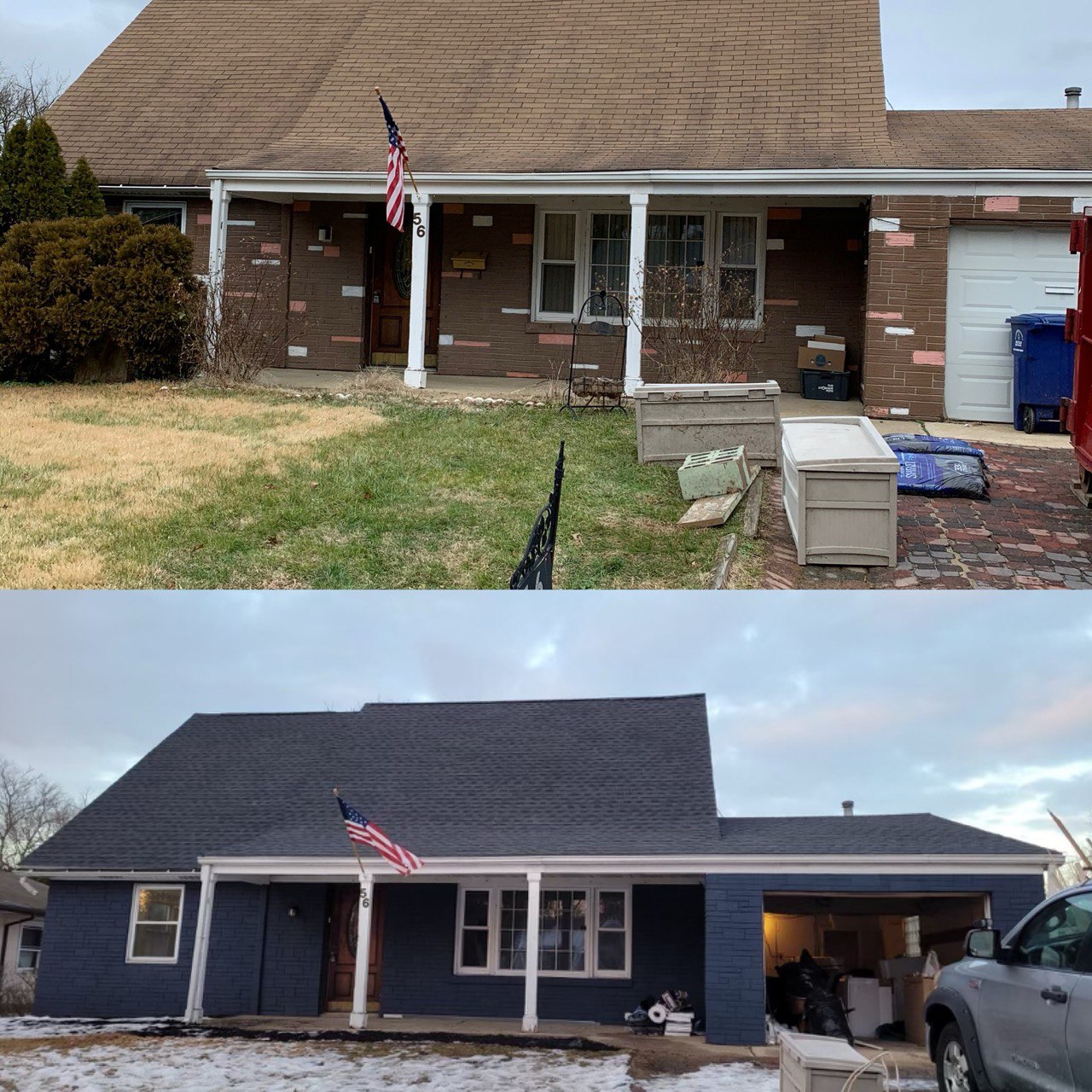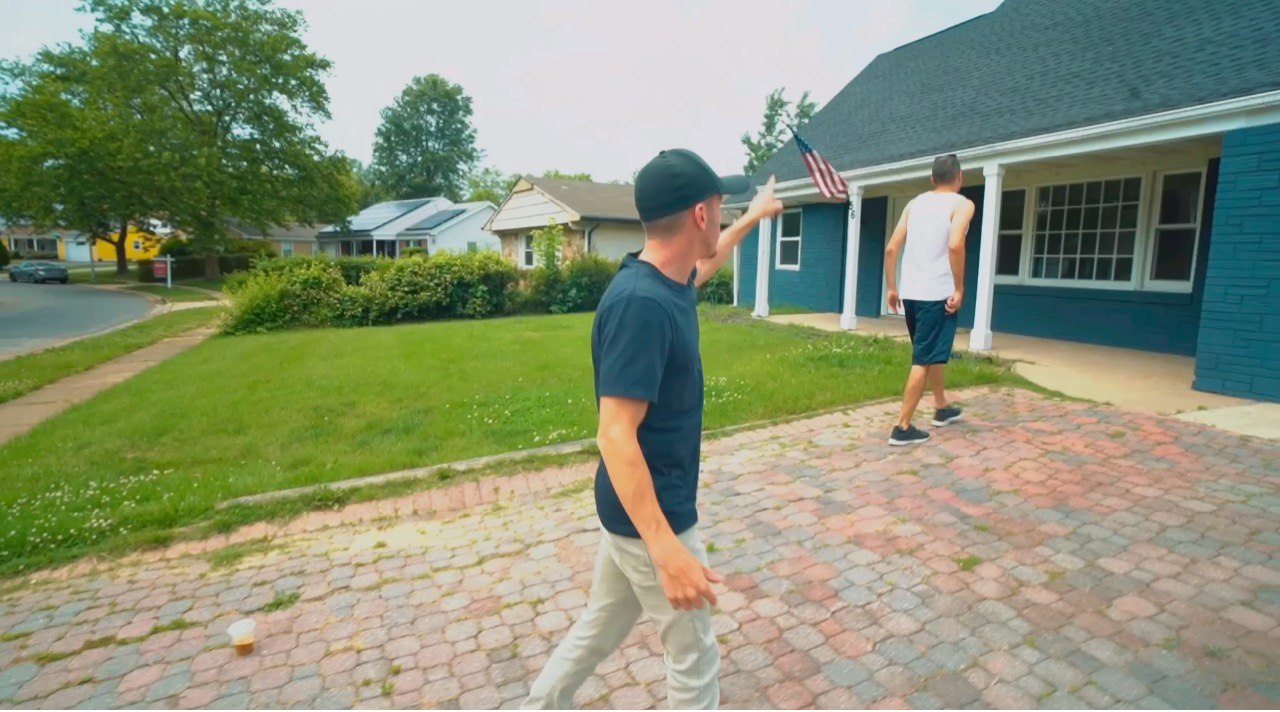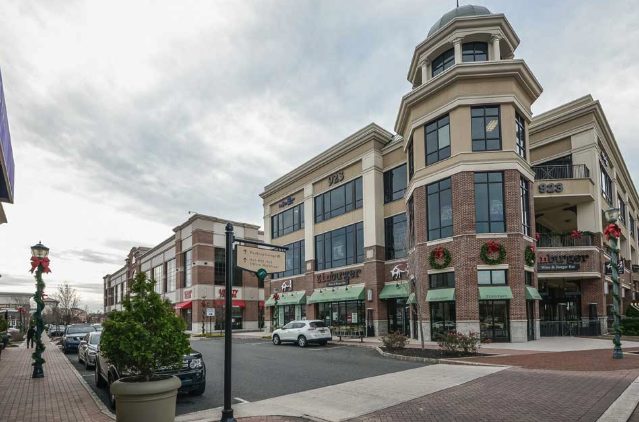
Google “Selling a house in probate” and you’re likely to get lots of articles with a lot of legal mumbo-jumbo. That’s great if you’re fluent in legalese, but we at Savannah Properties prefer to take the simpler approach.
If you’d like to know more about saving when selling a house in probate without needing a dictionary, read on.
What does it mean to sell a house in probate?

Probate is the legal process property goes through after someone dies. Often, the deceased has left a will which designates who will get which portion of their estate (also known as beneficiaries). The court appoints an executor of the estate, which is the person that will oversee that the estate is used to pay outstanding debts and then distributed throughout the proper channels.
When a person dies and still owes a debt, their house will often get sold while in probate. This means that the executor of the estate will sell the house and use the money made to settle any and all debts before distributing the money to the beneficiaries.
What is a probate sale in real estate?

A probate sale in real estate happens when a house is sold as part of the probate process. The probate must be granted before you can have a probate sale, and that means going through probate court.
Because the executor of the estate is going through the courts, there are specific protocols that they must follow in order for the sale to be valid.
Who is involved?
There are many people that may be involved in a probate sale. It really depends on the case, but most often the parties involved are:
- The executor or administrator of the estate
- The real estate representing the executor of the estate
- The buyer’s real estate agent
- The buyer (or buyers, in which case they may be required to place bids through the court)
- The Judge
Requirements to Sell

The requirements (set up through the probate court) when selling a house in probate are much simpler when the probate petition has been prepared and initiated properly. If not prepared properly, there may be many court proceedings to make sure the process has been properly and fairly carried out.
The requirements are as follows:
The estate’s personal representative must sell the property at the best price. This may be quite an issue if the personal representative was appointed by a judge due to uncooperative heirs. Often, heirs have battled the term “best price” when the proceeds from the sale are dismal compared to their expectations. That is why this next requirement is crucial to follow.
The estate’s representative then hires a real estate agent and signs a listing agreement. If the representative wishes to get the most money out of the sale, they must find a real estate agent who as 1.) worked with probate sales before, and 2.) knows the local real estate market well. Both of these qualities will ensure that any and all efforts toward obtaining the best price have been carried out.
The real estate agent will be in charge of showing the house to potential buyers and make sure that each written offer contains the 10% deposit required by the court. The real estate agent will take each offer before the representative, who will either accept or reject the offer of sale. If the offer is accepted, the court will need to put their stamp of approval on it. To do this, the representative petitions the court to affirm the sale.
Sell or Buy a Home with Savannah Properties and Save Thousands!
Enter your zip code to see if Savannah Properties has a partner agent in your area! Find Agents
The Probate Sale Process

After the representative petitions the court, they will receive a court date for the offer to be confirmed. Throughout this process, the house stays on the market to allow for other better offers to be brought forth. The house remains on the market for 30 to 45 days. At the close of those days, the buyer petitions the court to confirm the sale price.
If there are other offers (and there usually is), the court will sell the property in “auction style.” The probate court will open the bidding with the accepted offer plus any prescribed increase made by the court. The house is then sold to the highest bidder.
Once a bidder wins the sale, they must make a deposit on the home and can either accept or deny their right for a home inspection.
Conclusion

As you can see, the process of selling a house in probate can be long and gruesome. The key to saving big when selling in probate is to find a discount real estate agent that also doubles as a local expert in probate sales. This would normally be a feat, but we at Savannah Properties make it easy. If you find yourself caught in a probate sale, use a real estate agent. You won’t regret it.



